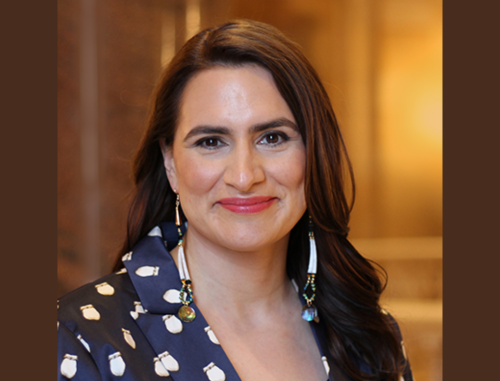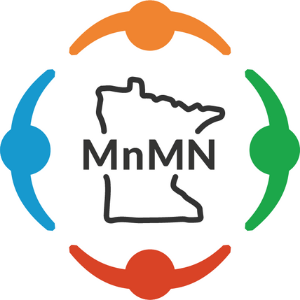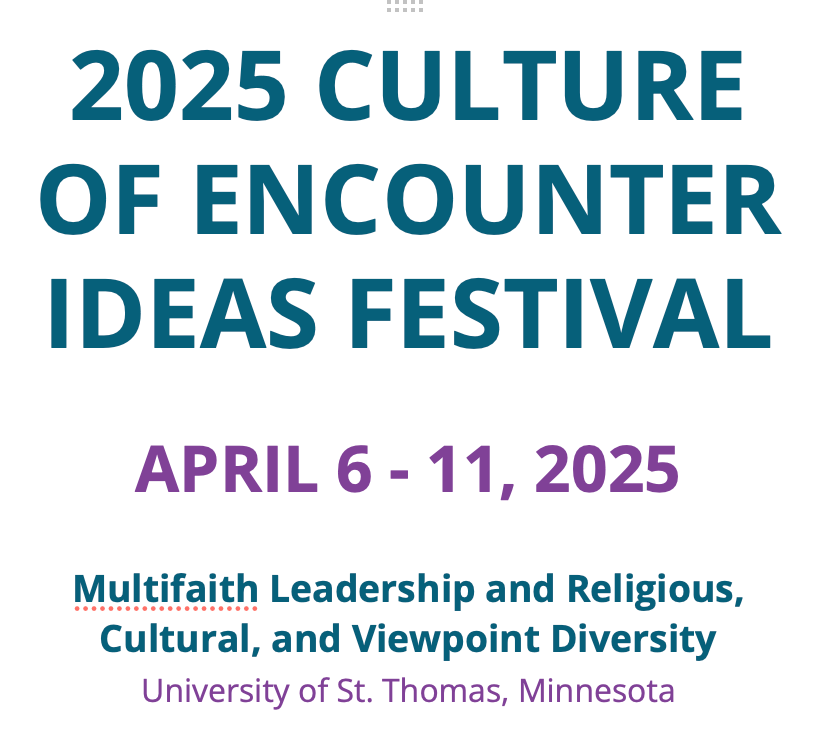Cutting through the NOISE
Saturdays, June 7th - July 12th
10:30 - 11:30 am
George Floyd Square, 38th and Chicago
Facilitators: Rev. Dr. Jia Starr Brown and Rev. Ben Connelly
Weekly guest presenters:
Rev. Terri Burnor, Ameera Khan, Rev. John Lee, and Chris Stedman representing a diverse array of religious and non-religious perspectives.
6 Week Series offered by Rev. Dr. Jia Starr Brown, Rev. Ben Connelly &

Lt. Governor Peggy Flanagan
Invited
Peggy Flanagan is Minnesota’s 50th Lieutenant Governor, a member of the White Earth Band of Ojibwe, and currently the country’s highest ranking Native woman elected to executive office. At the center of all her work is making progress for children, working families, communities of color and Indigenous communities, and Minnesotans who have historically been underserved and underrepresented.
As Lieutenant Governor, Peggy co-chairs the work of the Young Women’s Initiative to center the voices of young women in the work of state government. She also works to advance housing stability and prioritizes the state’s response to homelessness through her role as the Chair of the Minnesota Interagency Council on Homelessness. Peggy also serves as Chair of the Capitol Area Architectural and Planning Board (CAAPB) and Chair of the Advisory Committee on Capitol Area Security (ACCAS). Additionally, she has led the Governor’s Office to help secure key legislative wins, including establishing the nation’s first Missing and Murdered Indigenous Relatives Office, increasing the Minnesota Family Investment Program payments, securing historic investments in affordable housing and child care, and investing in equity in bonding to support community projects led by and for people of color.
Peggy is a St. Louis Park native and proud graduate of St. Louis Park Public Schools. She earned her bachelor’s degree in American Indian studies and child psychology in 2002 from the University of Minnesota. Peggy lives in St. Louis Park with her husband, Tom, daughter, Siobhan, and dog, Reuben.
VISION
Faith-based and interfaith communities have great untapped potential to enhance the common good — the quality of community life and relationships — what Martin Luther King Jr. calls the Beloved Community.
The vision of this network is that faith-based and interfaith communities will fully mobilize their potential to effectively help the broader community to address critical issues affecting our common life, particularly: divisive and destructive intergroup relationships; disparities of privilege, opportunity, equity, and quality of life; and degradation of the environment.
Faith-based and interfaith communities bring unique motivation and experience. Many fine faith-based and interfaith groups and efforts are already at work and contributing greatly. Still, there are great gaps: lack of cross-group connection, cooperation, and mobilization; much work in isolation; insufficient engagement with and untapped support from the wider public; and failure to achieve what might be done with greater attention to strengthening relationships, sharing resources, working cooperatively, and collaborating on leadership development.
We envision a society with outstanding positive growth in quality of life for all-- based in part on the efforts of many individuals, faith communities, and interfaith groups working in concert.
HISTORY
We are a state-wide network that gathers the energy and passion of people of faith, amplifying our efforts leading to equity, justice, compassion, understanding, and empathy.
Formed on the belief that together we can do more, we continue to weave connections among the organizations and people who are already working toward these goals. We are multifaith, relationship driven, justice and anti-racism focused, invitational, collaborative, and generative. We seek to amplify existing work and to catalyze new efforts.
From earlier work of the Twin Cities Interfaith Network (TCIN) and the Saint Paul Interfaith Network (SPIN), a group of activists have been working with the interfaith community to imagine and begin building a statewide multifaith network.

REGISTER NOW!
Join us for a lovely afternoon of relationship building and networking while enjoying a 9-hole round of golf at family friendly Brookland Golf Park. We will begin our afternoon with a shotgun start at 3pm. After rounds have been played, mulligans taken, and fun had by all, we will gather for food, games and awards.
All funds raised will benefit the work of ALL those who make up the Minnesota Multifaith Network (MnMN) - those individuals and organizations dedicating their time and talents to connecting and equipping people of all faith traditions working for a more just and loving Minnesota.
We look forward to seeing you on August 14th at Brookland Golf Park!




